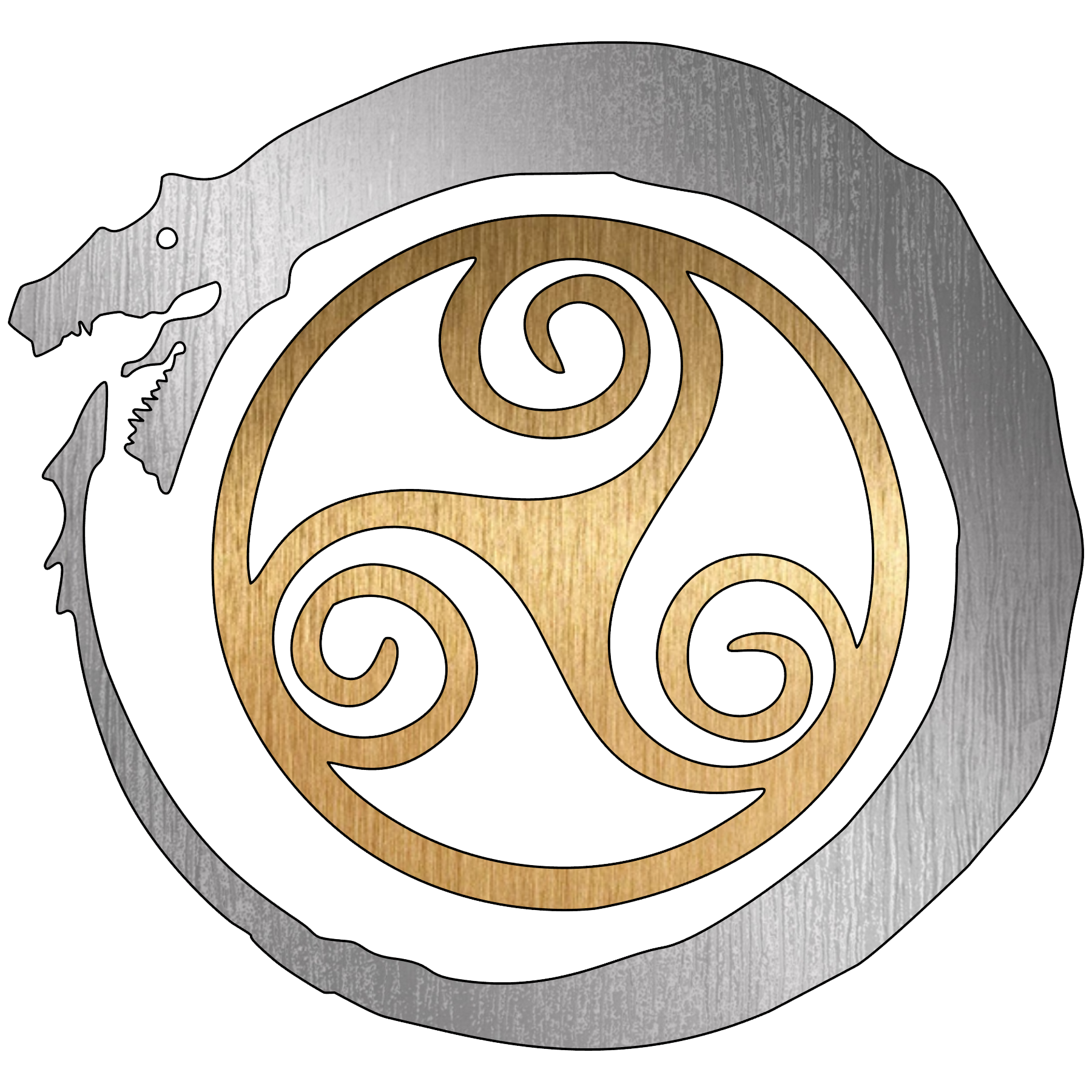Vikings. We are obsessed with them. Despite the fact that we know that the term ‘viking’ referred to an occupation (more of a hobby for some, really; the sagas are rife with lads who got bored and decided to go raiding), western culture seems to continually fall into starry-eyed awe every time we encounter a new forgotten runestone, or a buried hoard of coin. Popular genetic testing websites tout special reports on ‘Viking DNA,’ tempting us with the question ‘Could you be genetically tied to one of these plucky Norsemen?’ For the most part, its okay. We learn more about them when the interest is there to fund the research. It’s fun to take a DNA test and find out you’re very distantly related to Famous Swede #32. What isn’t okay, however, is the way that DNA has been weaponized in some pagan circles– namely with people being told that they cannot follow the gods without ‘viking’ blood. So how important to heathenry is your pedigree? This is going to upset a couple of people if they ever read this, but uh… it isn’t.
Let me tell you a story.
‘They say you can’t pick your family, but we literally did, so maybe they’re wrong.’
The above quote is from a text message I received from my sister a few days ago. She said it rather flippantly, with a joking tone, as she usually says such things, but it just stuck with me. She and I were both adopted as infants, seven years apart, from different biological families. Our parents never treated us in a way that would suggest we were not theirs, and in both our cases it took someone outside of our family spilling the beans for us to find out. Once we knew, however, they did their best to explain what that meant, and what it didn’t mean. Our extended family never batted an eye before or after it was revealed that the jig was up. They continued to treat us in the same manner they always had: with acceptance, and love.
We were given access to genealogical records and extensive family trees for school projects and just to peruse. We were introduced with pride when out with them. Every time I went shopping or errand running with my Nana, she would point out at least one person and go ‘they’re your cousin (usually with a degree of separation and detailed explanation of whose child they were).’ It was sometimes easy to forget –for me, at least– that I was not related to these people by blood. They were just my family.
That didn’t mean I forgot entirely, though. It was always in the back of my mind, this nagging insistence that somehow, because we did not share DNA, I was less familial somehow, and this created a complex in my head. I feared that because they had chosen me, they could un-choose me at any moment. As we grew into adults, my sister found her biological family. It was startling how closely she resembled them. They started coming to our family events, and she became closer and closer with them– and I resented that, if I’m being honest. She could look at this woman who was her mother and see her own eyes and her own chin, and I could not. There is nothing of my mom in my features. When our mom was dying, and my sister and I were talking through it, I said something that cut her to the core about having a ‘back-up’ mom. Later she would give me a serious tongue-lashing for that, but she also understood that I was grieving and was quick to forgive. Yes, she shared DNA with that family, but they did not raise her, they were not there to guide, or make her soup when she was sick, or teach her about life.
Family, you see, goes well beyond blood. Family is more about faith in those around us, commitment to them, and the bonds we form through shared joy and heartache. If family, then, is based on more than just genetic heritage, why should our ability to have faith in the gods be determined by an endlessly repeating sequence of four letters [adenine (A), guanine (G), cytosine (C), and thymine (T)]? I think we get so caught up in the helix that we forget that. I also think that it’s mighty prideful of us to think we know how the Aesir feel about the genetic makeup of the people who look to them for knowledge, advice, and growth.
We are born into families. Those families may be good, bad, or just okay. We are given the choice as we age, though, to build new ones; we can build families of people who are there for us, whom we care about, and create bonds with them that often go beyond those inherited by blood. The sagas focus heavily on the lines of families, but often speak of the bonds formed by communities, brothers in arms, and friends with the same degree of importance. Furthermore, if the gods can welcome Skaði, a jotunn, into the ranks of the Aesir, I really can’t find an argument for why they would care if someone’s twelfth great grandfather was Eric Bloodaxe.

No responses yet